Call for Change
Packaging is one of the largest wastes we as Australians produce, and it’s something most don’t think twice about. The ABC’s series War on Waste revealed every year the waste Australians generate is growing at twice the rate of our population.[1]
However, the tides are changing, and sustainable packaging is making its mark as the way of the future. It’s no longer simply trendy to have sustainable packaging but is an expectation from the consumer. Consumers have long had a degree of influence over decisions made by brands, however the sustainability movement extends far beyond this transactional relationship.
Sustainability Plan
To combat Australia’s waste epidemic, Australia’s Environment Ministers in partnership with the Australian Packaging Covenant Organisation (APCO) have announced the plan to make 100% of packaging in Australia reusable, recyclable or compostable by 2025.[2]
In September 2018, the federal government also launched the Australasian Recycling Label in a bid to help consumers recycle properly. This label breaks down the components of a product’s packaging (e.g. the box, any internal trays, and plastic wrapping), indicating how recyclable the components are and eliminating any confusion the consumer may have around correctly recycling the packaging.
With the push from both consumer and government bodies, manufacturers are gradually complying with this reform, not only to stay competitive but from a legal perspective as well. However, seeing that the packaging still needs to be fit for purpose and with limited options currently available, companies are having to get creative about how they’re packaging their products through sustainable means.
That said, it’s not enough to just consider the waste created by the end user. Manufacturers need to be thinking about the waste created throughout production as well. This could include anything from the polypropylene strapping used to bundle the boxes to the label liner removed from both the product and shipping labels.
Australian Glassine Liner Recycling Program
Our partner Avery Dennison in affiliation with Wasteflex are leading an initiative in label liner recycling with the Australian Glassine Liner Recycling Program. This program has been developed to provide a solution for the recycling of pressure-sensitive glassine liner waste that would otherwise go into landfill. Still in its infancy, this program is a preview as to what’s possible for the future of sustainability and a program insignia is actively supporting.













